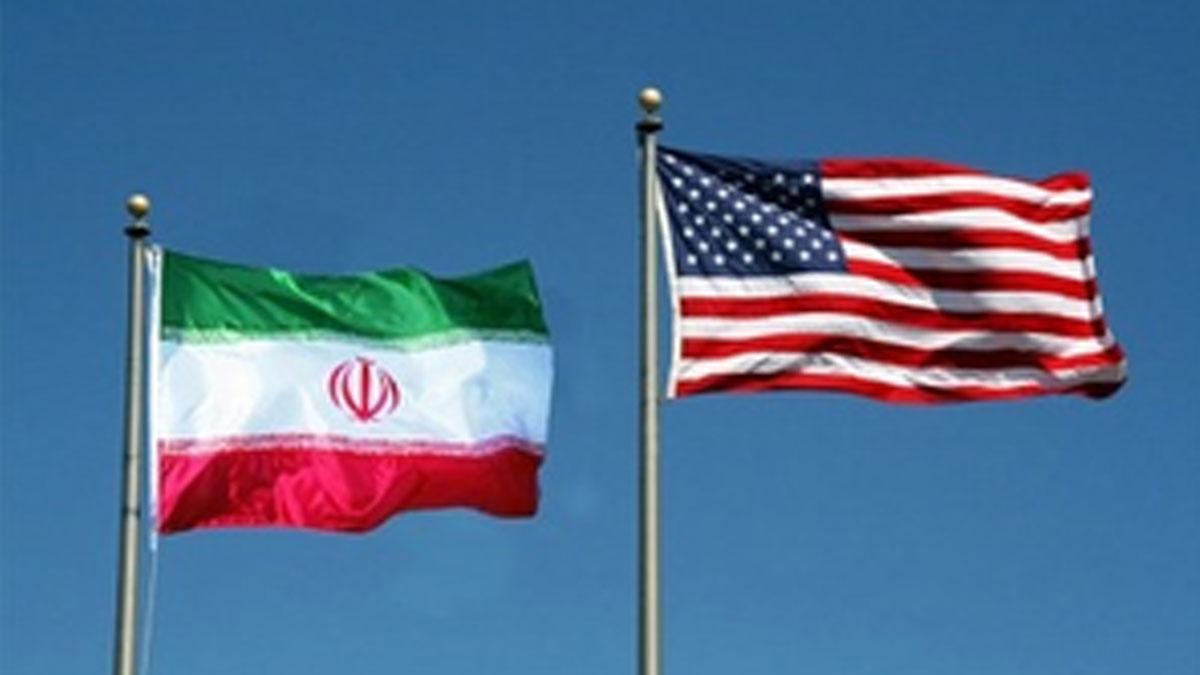Iran signaled a change in attitude toward the United States by stating that it would be open to direct talks and perhaps review its policy toward the longtime enemy. Foreign policy adviser to Iran's Supreme Leader Ayatollah Ali Khamenei, Kamal Kharazi, said Iran shares the American view that diplomacy is the best way forward. He said Iran would negotiate, though he stopped short of saying nuclear talks previously suspended during the Donald Trump presidency will be restarted.
Kharazi went on further to say that there could be discussions regarding a nuclear weapons-free zone in the Middle East, which would further underline Iran's position toward considering broad regional security measures. That's a marked departure from Iran's previous hardline position refusing direct engagement with the United States.
The usual channels of communication between Iran and the US come via Qatar, Oman, and sometimes the European Union. Therefore, Kharazi's remarks show a deviation from this norm and could amount to a willingness for direct dialogue—a marked diversion from the previous rhetoric labeling the US as the "Great Satan."
But there is no word from the official government ranks that confirms or expands on this change of approach. Just days ago, Kharazi issued warnings that Iran is reviewing its nuclear doctrine, targeting the United States and Israel. But he reassured Iran's position against nuclear weapons while emphasizing its pursuit of peaceful nuclear activities amidst strategic considerations.
With such willingness to review its approach toward diplomacy with the US at hand, the change in foreign policy is subtle under its current administration and can potentially open doors for dialogue and negotiation over some of the most bitter regional tensions.
Read also | Ukrainian Ground Forces Commander Warns of Imminent 'Critical Phase' in War
Read also | UK Government Considers Widening Ban on 'Extreme Protest Groups'


















